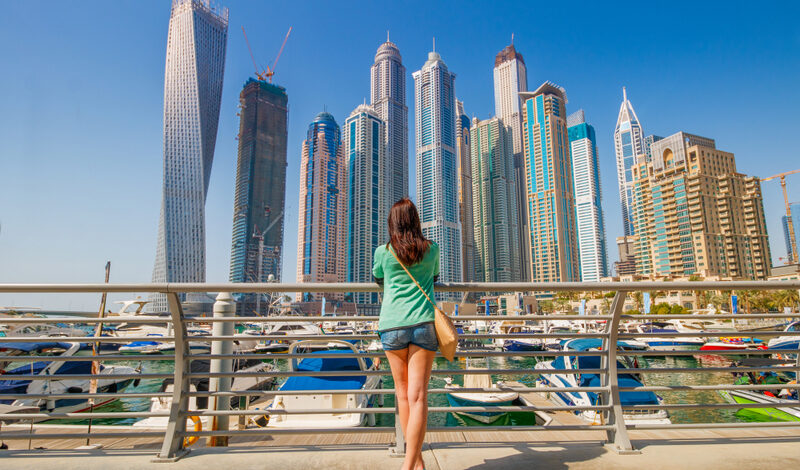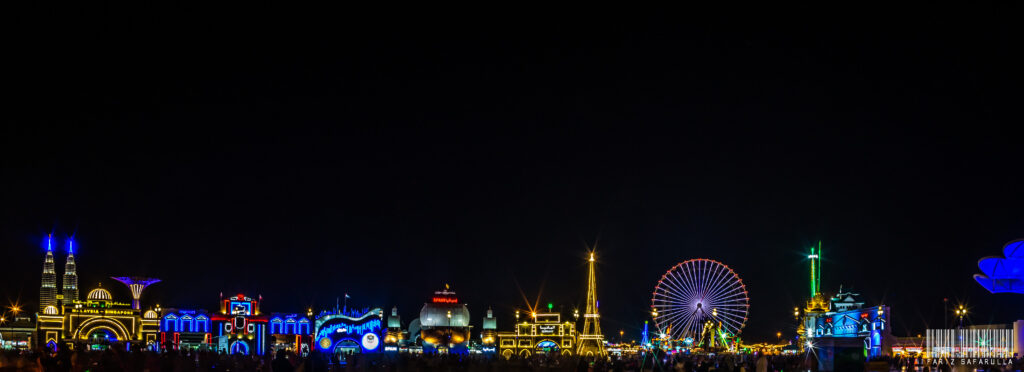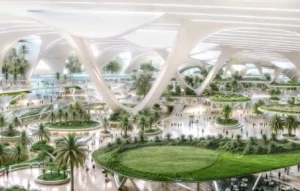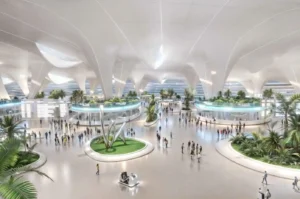UAE Tourism Sector Poised to Increase GDP Contribution to Dh236 Billion by 2024
The UAE’s tourism sector is poised for significant growth, with its contribution to the national GDP expected to reach Dh236 billion in 2024. This projection positions the country on a promising trajectory to achieve its goal of increasing tourism’s GDP share to Dh450 billion by 2031, as outlined by the UAE’s Minister of Economy, Abdulla bin Touq Al Marri, at the World Economic Forum in Riyadh.

Image Source: Ecofriend
Speaking at the forum, Al Marri highlighted the remarkable growth of the tourism sector, which saw a 26 percent increase in its contribution to the GDP in 2023 compared to 2022, surpassing 2019 levels by 14 percent. In 2023, tourism’s contribution amounted to Dh220 billion, accounting for 11.7 percent of the GDP. This figure is anticipated to rise to Dh236 billion in 2024, equivalent to 12 percent of the GDP, according to a recent World Travel and Tourism Council report.
The National Tourism Strategy 2031 aims to further elevate the UAE’s profile as a leading tourism destination, with a target of boosting the sector’s GDP contribution to Dh450 billion by 2031. Additionally, the launch of the National Sustainable Aviation Fuel Roadmap sets an ambitious goal of producing up to 700 million liters of sustainable aviation fuel annually by 2030, Al Marri noted during the conference themed “International Cooperation, Growth, and Energy for Development.”

The tourism sector’s impact on employment is also noteworthy, with 809,000 jobs provided across various tourism-related activities in 2023, representing 12.3 percent of the labor market. This reflects a 5 percent growth from 2022 and an 11.4 percent increase over 2019 levels. The number of jobs is expected to rise to 833,000 in 2024. Currently, the UAE boasts 1,235 hotels offering a total of 210,000 rooms for visitors.
Efforts are underway, in collaboration with GCC partners, to introduce a unified GCC tourist visa. Once implemented, this visa is expected to highlight the diverse tourism offerings across GCC countries, thereby attracting and retaining tourists for extended periods, increasing hotel stays, and solidifying the region’s status as a premier destination for both regional and international visitors.

Al Marri emphasized the UAE’s commitment to sustainability, not only within the tourism industry but across various economic and environmental sectors. He underscored the importance of preserving resources, wealth, and natural reserves, stating that sustainability is crucial for the sector’s future growth, especially in light of current global environmental and social challenges. He called for strengthened collaborative efforts to achieve a balance between economic progress, environmental protection, and social accountability. The minister also highlighted the role of ecotourism in supporting the sustainability of the tourism sector and preserving natural and desert attractions.
The UAE is dedicated to enhancing regional and global tourism infrastructure to ensure the sector’s sustainability. Al Marri pointed out that challenges remain, particularly in upskilling the workforce to improve performance and expertise in tourism, and fostering innovation and creativity across various tourism fields.
Recognizing tourism as a key driver of national economic growth, the UAE has successfully showcased its tourism diversity, promoting the unique attractions of all seven emirates. These efforts aim to attract more global companies to its markets, encouraging both national and foreign investments in tourism projects. Such achievements are consolidating the UAE’s position as a prominent player in the regional and global travel and tourism landscape.











